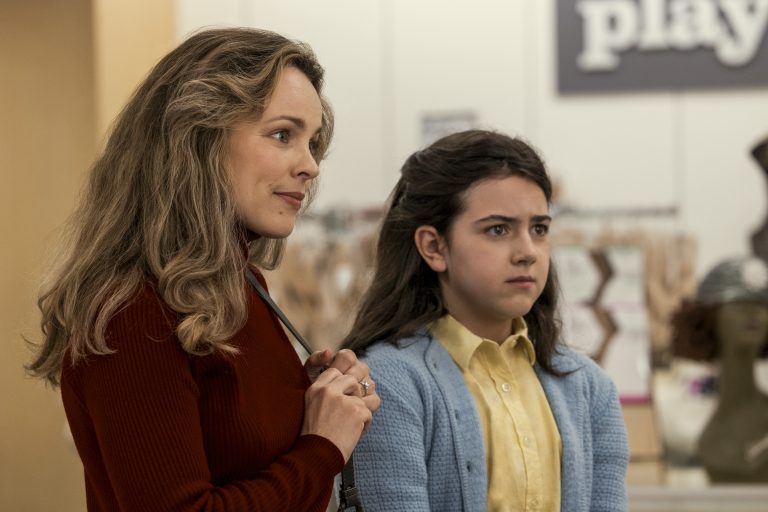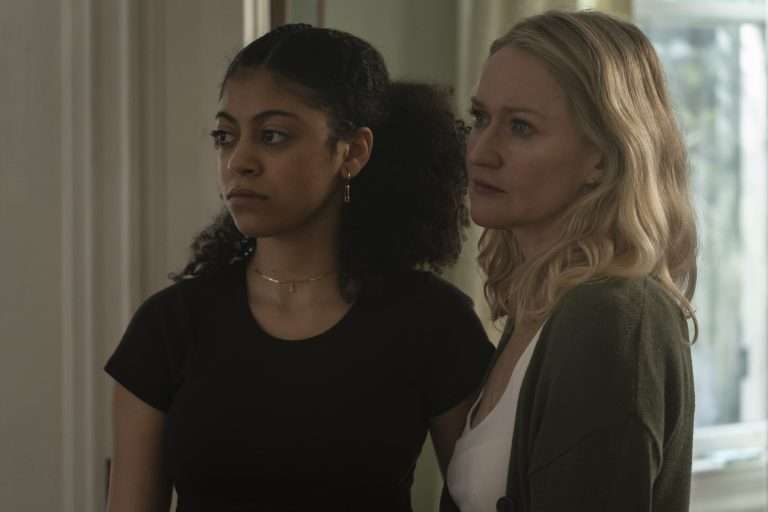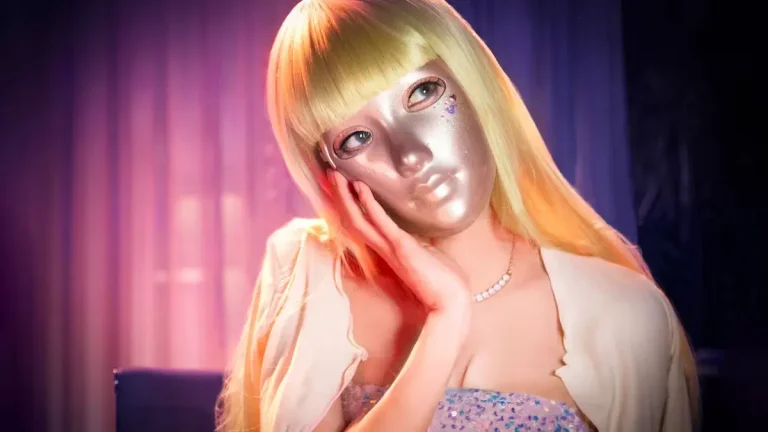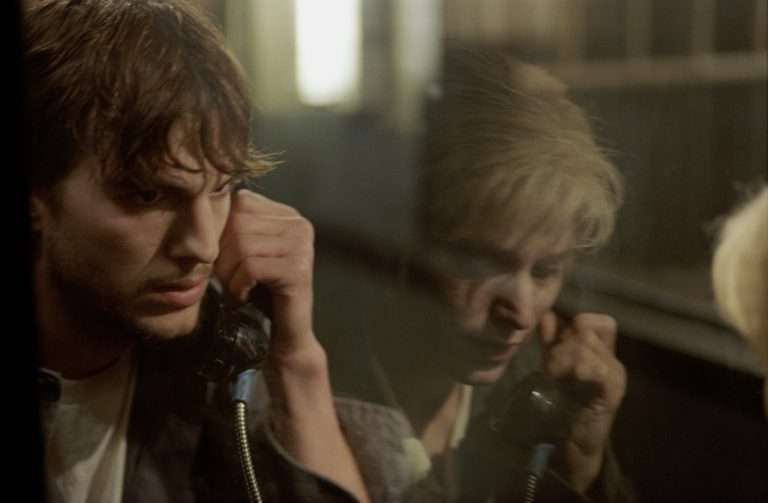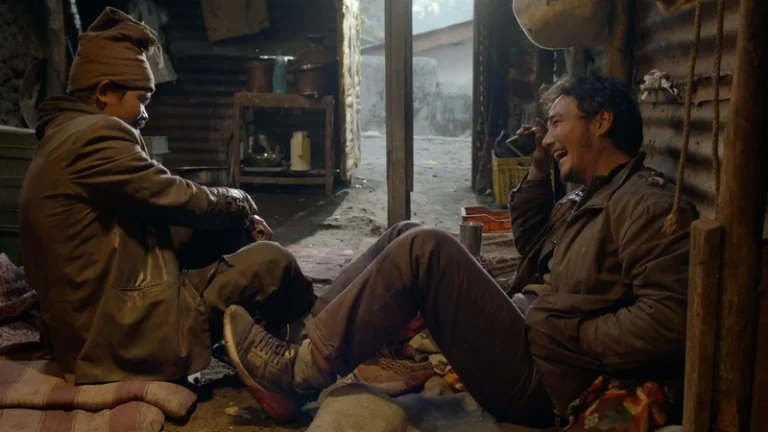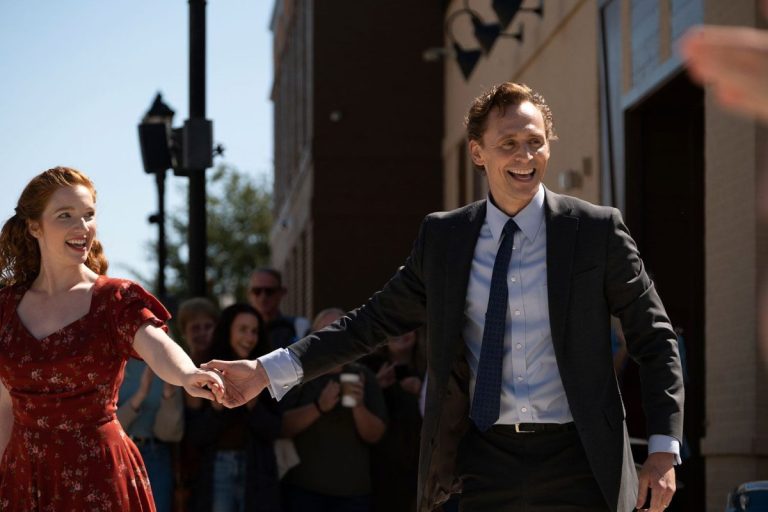Wong Kar Wai’s In The Mood For Love: An Ode To Melancholia
To me, Wong Kar-Wai’s In the Mood for Love is not just any film. It is an ethereal experience. I had watched the mesmeric romantic drama on a tranquil evening. Having woken up from a contented sleep, I felt my disposition fit impeccably with the film’s dreamlike ambience. But little did I know that an entire poem lay before me.
The film’s primal characters, Chow Mo-wan (Tony Leung) and Su Li-zhen (Maggie Cheung), shares the most divine form of love. Their intimacy begins with the acknowledgement of their spouses’ infidelity. But their own bonding isn’t anything as such. It was solely based on melancholy, a sentiment that lingered upon humanity since the beginning of time.
Must-Read: Wong Kar Wai’s Love Trilogy
Their lives are hectic. Chow works as a journalist, while Su is an executive secretary. At the end of a frenetic day, they long for warmth. But their yearning is left cold and void with the absence of their spouses. Their neighbours, their acquaintances, barely notice the suppressed woe, which is well covered with feigned smiles. But it is in the dark stairways, illuminated hallways, and empty rooms, where their poignance reflects upon their faces.
Christopher Doyle’s cinematography did commendable work in capturing the doleful look of the characters. The floral patterned wallpaper, Chow’s cigarette smoke, and Su’s series of graceful cheongsam dresses elevated the film’s celestial tenor. In supplementation to these, Shigeru Umebayashi’s Yumeji’s theme propels the viewer into surreality. Personally, I regard it as one of the few earthly elements that flooded me with utter serenity.
Also Read: In the Mood For Love (2000): When Love Was Merely A Possibility
But it was Wong Kar-Wai’s mere cinematic cleverness that caused the film to be so heavenly. True, the characters were quite in the mood for love but they didn’t allow themselves to indulge in the perversion of affection. Moreover, there wasn’t any appearance of either of the spouses, let alone their suggested profanity. I believe, Wong Kar-Wai decided to completely disregard immorality and keep love in its purest form. Therefore, Chow and Su’s love, unrequited as it may be, was nebulous yet seraphic.
By the end of the film, I could easily relate with it’s noteworthy caption, “…the past is something he could see, but not touch. And everything he sees is blurred and indistinct.”, I, too, was left with a cinematic experience which was both blurred and indistinct yet strangely tranquil.

